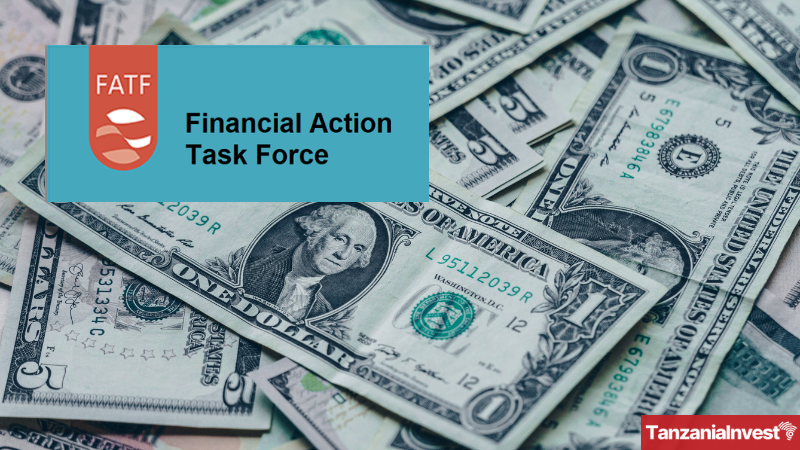On 13 June 2025, the Financial Action Task Force (FATF), the G7-backed global body for combating financial crime, announced that Tanzania is no longer subject to its increased monitoring process, commonly known as the ‘grey list’.
In its statement, FATF stressed that “FATF welcomes the United Republic of Tanzania’s significant progress in improving its anti-money laundering and counter-financing of terrorism (AML/CFT) regime.”
The FATF confirmed that Tanzania implemented a series of reforms, including:
-(1) improving risk-based supervision of financial institutions and designated non-financial businesses and professions by conducting inspections on a risk-sensitive basis and applying effective, proportionate, and dissuasive sanctions for non-compliance;
-(2) demonstrating the capability of authorities to conduct a range of investigations and prosecutions of money laundering in line with the country’s risk profile;
-(3) ensuring that law enforcement agencies take measures to identify, trace, seize, and confiscate proceeds and instrumentalities of crime;
-(4) conducting a comprehensive terrorism financing risk assessment and starting the implementation of a national counter-financing of terrorism strategy, as well as demonstrating the ability to conduct terrorism financing investigations and pursue prosecutions in line with the risk profile;
-(5) increasing awareness among the private sector and competent authorities regarding targeted financial sanctions related to terrorism and proliferation financing;
-(6) carrying out a terrorism financing risk assessment for non-profit organizations in accordance with FATF standards, using it as the basis to develop an outreach plan.
The organization emphasized Tanzania’s improved effectiveness in supervision, enforcement, and risk assessment, and called on the country to continue working with the Eastern and Southern Africa Anti-Money Laundering Group (ESAAMLG) to sustain these advancements.
FATF and Tanzania
The Financial Action Task Force (FATF) leads global action to tackle money laundering, terrorist and proliferation financing.
The 40-member body sets international standards to ensure national authorities can effectively go after illicit funds linked to drugs trafficking, the illicit arms trade, cyber fraud and other serious crimes.
Tanzania had been under FATF increased monitoring—commonly referred to as the “grey list”—since October 2022 due to identified deficiencies in its AML/CFT regime.
The country committed to address these within agreed timeframes, leading to its removal from the list in June 2025.










